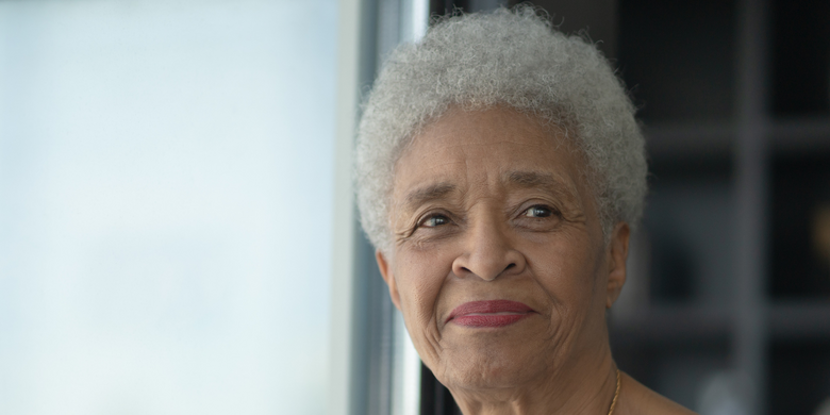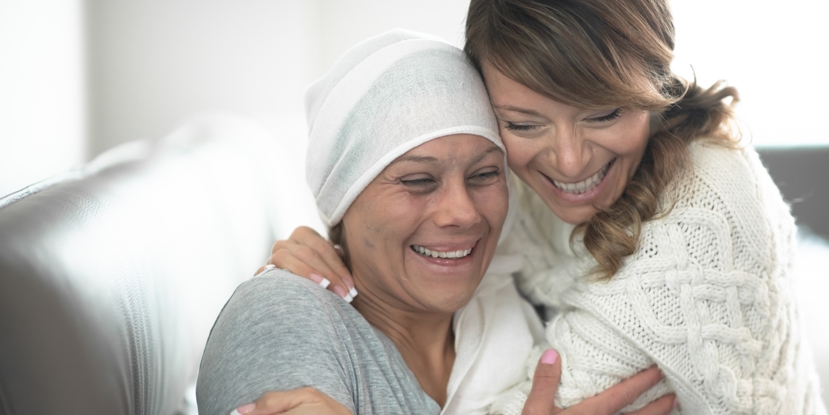Your heart and cancer: How to survive and thr ...
Continue reading
Next-level campus!
Work is under way to equip East Jefferson General Hospital for the next level. Our campus is being transformed into an expanded hub for specialty care, advance treatment, and academic medicine. It’s part of the a $220 million capital investment made by LCMC Health in its new partnership with Tulane University, and it’s all being done with a single goal in mind: to provide you with the best possible care.
Our Services
View All Services
Let’s stay connected
Stay up to date with news, upcoming events and social media at East Jefferson General Hospital.
Find us on
Facebook See what we’ve been up to in our latest social media posts.
Facebook See what we’ve been up to in our latest social media posts.










